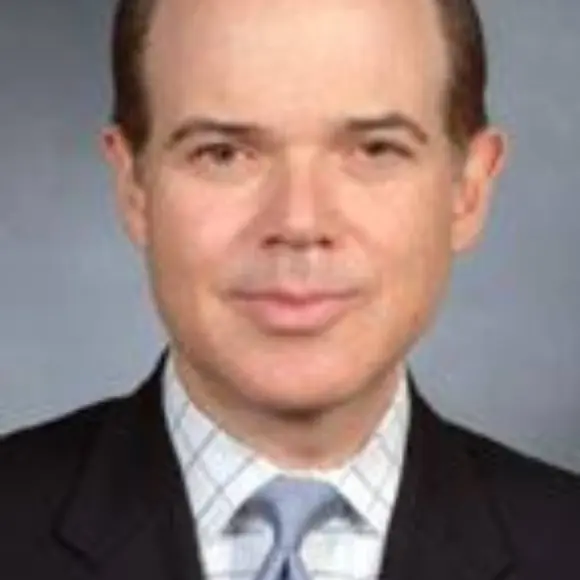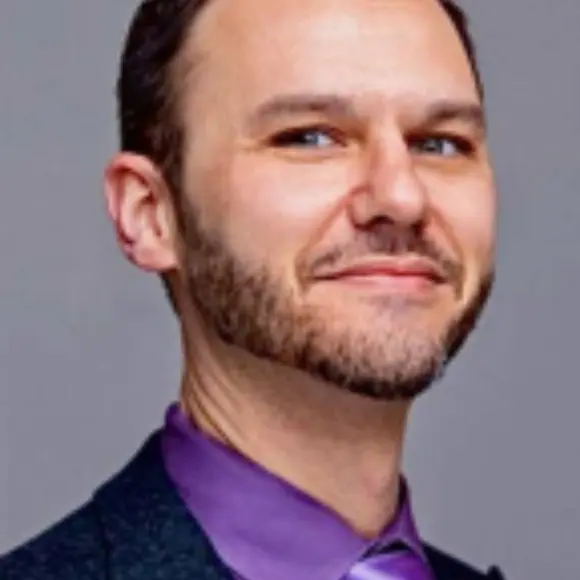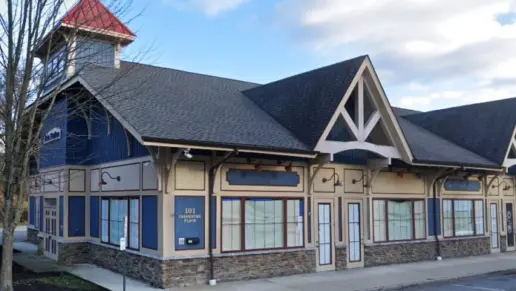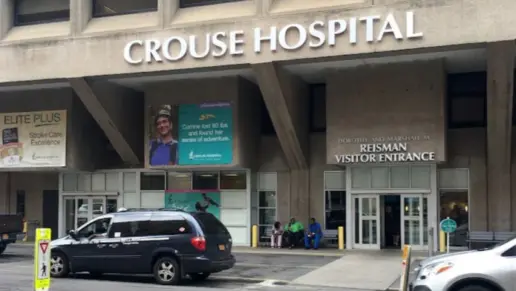They have great doctors and therapists working here. They helped me a lot, and I just wanted to say that I'm thankful for you, and with you for what you did.
About Payne Whitney Psychiatric Clinic – 61st Street
The New York Presbyterian/Weill Cornell Medical Center Outpatient Services clinic offers outpatient services for mental health and addiction recovery in New York, New York. Whether you’re transitioning out of inpatient treatment or you choose not to get residential care, you can get treatment at the intensity level that meets your changing needs. Their services range from partial hospitalization to general outpatient and aftercare. They also have specialized programs for youth, seniors, and people with co-occurring conditions. They accept Medicare and Medicaid and offer financial assistance.
You can have individual and group therapy, family therapy. And what stands out to me is that you can choose the treatment method that works best for you such as dialectical behavioral therapy and cognitive behavioral therapy. With individual therapy, you do meet one on one with a trained psychologist or counselor. When it comes to group therapy, you can join a support group, psychoeducation group, or an experiential group
Attending family therapy can help your family as a whole become a strong support system for you. Cognitive behavioral therapy will help you focus on your own mental and emotional state. With dialectical behavioral therapy, which is a modified form of cognitive behavioral therapy, you then learn the effects of your thoughts, feelings, and behaviors.
Facility Overview
Rehab Score
Other Forms of Payment
Medicaid is a state based program that helps lower-income individuals and families pay for healthcare. Medicaid covers addiction treatment so those enrolled can use their coverage to pay for rehab. When a program accepts Medicaid the client often pays very little or nothing out of their own pocket.
Self-pay involves paying for treatment out of your own pocket. You can use savings or credit, get a personal loan, or receive help from family and friends to fund your treatment. If you don't have insurance or your insurance plan doesn't cover a specific program, self-pay can help ensure you still get the care you need.
Medicare is a federal program that provides health insurance for those 65 and older. It also serves people under 65 with chronic and disabling health challenges. To use Medicare for addiction treatment you need to find a program that accepts Medicare and is in network with your plan. Out of pocket costs and preauthorization requirements vary, so always check with your provider.
Private insurance refers to any kind of healthcare coverage that isn't from the state or federal government. This includes individual and family plans offered by an employer or purchased from the Insurance Marketplace. Every plan will have different requirements and out of pocket costs so be sure to get the full details before you start treatment.
Addiction Treatments
Levels of Care
Treatments
Mental health rehabs focus on helping individuals recover from mental illnesses like bipolar disorder, clinical depression, anxiety disorders, schizophrenia, and more. Mental health professionals at these facilities are trained to understand and treat mental health issues, both in individual and group settings.
Programs


Clinical Services
Cognitive Behavioral Therapy (CBT) is a therapy modality that focuses on the relationship between one's thoughts, feelings, and behaviors. It is used to establish and allow for healthy responses to thoughts and feelings (instead of unhealthy responses, like using drugs or alcohol). CBT has been proven effective for recovering addicts of all kinds, and is used to strengthen a patient's own self-awareness and ability to self-regulate. CBT allows individuals to monitor their own emotional state, become more adept at communicating with others, and manage stress without needing to engage in substance abuse.
Dialectical Behavior Therapy (DBT) is a modified form of Cognitive Behavioral Therapy (CBT), a treatment designed to help people understand and ultimately affect the relationship between their thoughts, feelings, and behaviors. DBT is often used for individuals who struggle with self-harm behaviors, such as self-mutilation (cutting) and suicidal thoughts, urges, or attempts. It has been proven clinically effective for those who struggle with out-of-control emotions and mental health illnesses like Borderline Personality Disorder.
Research clearly demonstrates that recovery is far more successful and sustainable when loved ones like family members participate in rehab and substance abuse treatment. Genetic factors may be at play when it comes to drug and alcohol addiction, as well as mental health issues. Family dynamics often play a critical role in addiction triggers, and if properly educated, family members can be a strong source of support when it comes to rehabilitation.
Group therapy is any therapeutic work that happens in a group (not one-on-one). There are a number of different group therapy modalities, including support groups, experiential therapy, psycho-education, and more. Group therapy involves treatment as well as processing interaction between group members.
In individual therapy, a patient meets one-on-one with a trained psychologist or counselor. Therapy is a pivotal part of effective substance abuse treatment, as it often covers root causes of addiction, including challenges faced by the patient in their social, family, and work/school life.
Amenities
-
Private Setting
Staff

Vice Chair, Weill Cornell Medicine Department of Psychiatry

Chair, Weill Cornell Medicine Department of Psychiatry

Vice Chair, Education, Director, Residency Training Program

Vice Chair, Collaborative and Integrated Care

Vice Chair, Child and Adolescent Psychiatry

Vice Chair, Research, Director, Weill Cornell Medicine Institute of Geriatric Psychiatry

Vice Chair, Inpatient Services

CAO, Weill Cornell Medicine Department of Psychiatry
Contact Information
425 East 61st street
New York, NY 10065


